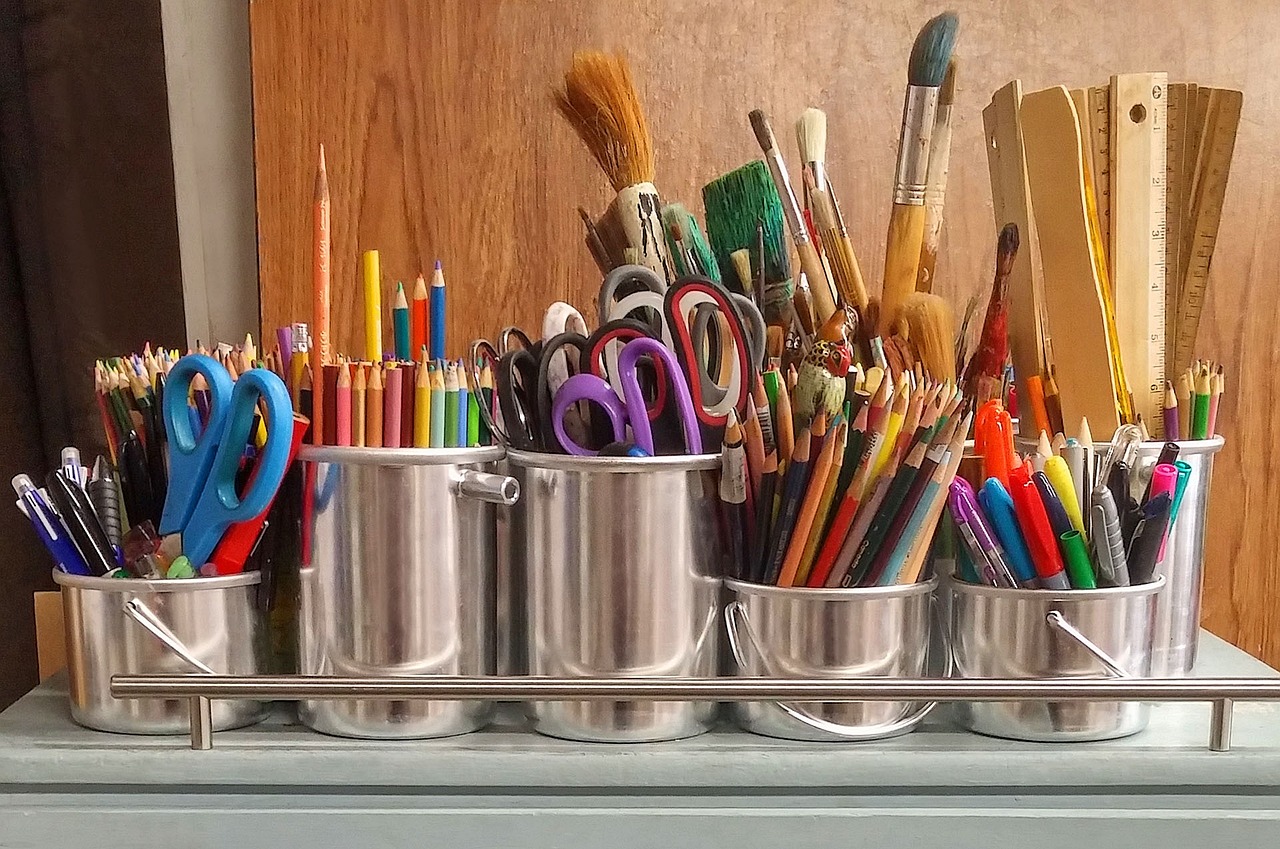The Role of Emotional Intelligence in Teacher-Student Relationships
Emotional intelligence is the ability to recognize, understand, and manage our own emotions, as well as the emotions of others. It involves being aware of how emotions can influence thoughts, behavior, and interactions with different individuals. In essence, emotional intelligence enables us to navigate and communicate effectively in various social situations by being attuned to both our feelings and those of others around us.
Individuals with high emotional intelligence tend to have better interpersonal relationships and are often adept at resolving conflicts in a constructive manner. By being able to regulate their emotions and empathize with others, they can cultivate a sense of empathy, trust, and rapport in their interactions. This heightened level of emotional awareness can lead to improved communication, increased understanding, and enhanced collaboration, both in personal and professional settings.
The Impact of Emotional Intelligence on Communication
Emotional intelligence plays a crucial role in effective communication. Individuals with high emotional intelligence are better equipped to understand and manage their own emotions, leading to clearer and more considerate communication with others. By being aware of their own feelings and how they may impact their interactions, emotionally intelligent individuals can express themselves more authentically and empathetically, fostering deeper connections with those around them.
Moreover, emotional intelligence enables individuals to perceive and interpret the emotions of others accurately. This ability to empathize and understand the feelings of others allows for more nuanced communication, where one can respond in a way that is sensitive to the emotions of the other person. By recognizing and acknowledging the emotions of those they are communicating with, individuals with high emotional intelligence can build trust, strengthen relationships, and navigate conflicts more effectively.
Building Trust and Rapport in Teacher-Student Relationships
Building trust and rapport in teacher-student relationships is essential for creating a supportive learning environment. Teachers who demonstrate empathy and understanding towards their students are more likely to cultivate positive connections. By actively listening to students’ concerns and showing genuine interest in their well-being, educators can establish a sense of trust that encourages open communication.
Furthermore, fostering a sense of respect and mutual understanding between teachers and students is paramount in building strong relationships. Teachers who acknowledge and validate the feelings and perspectives of their students create an environment where individuals feel valued and understood. Establishing trust and rapport in teacher-student relationships not only enhances academic performance but also contributes to the overall well-being and emotional development of students.
What is emotional intelligence and why is it important in teacher-student relationships?
Emotional intelligence refers to the ability to understand and manage one’s own emotions as well as effectively navigate the emotions of others. In teacher-student relationships, emotional intelligence plays a crucial role in fostering trust, communication, and rapport.
How does emotional intelligence impact communication between teachers and students?
Teachers with high emotional intelligence are better able to communicate effectively with students, understand their needs and concerns, and respond empathetically. This leads to improved communication, trust, and rapport in teacher-student relationships.
What are some strategies for building trust and rapport in teacher-student relationships?
Some strategies for building trust and rapport in teacher-student relationships include active listening, showing empathy, being approachable, setting clear boundaries, providing constructive feedback, and being consistent in behavior and communication.
How can teachers improve their emotional intelligence in order to enhance their relationships with students?
Teachers can improve their emotional intelligence by practicing self-awareness, self-regulation, empathy, and social skills. This can be done through self-reflection, seeking feedback from students and colleagues, attending workshops or trainings on emotional intelligence, and practicing mindfulness techniques.







